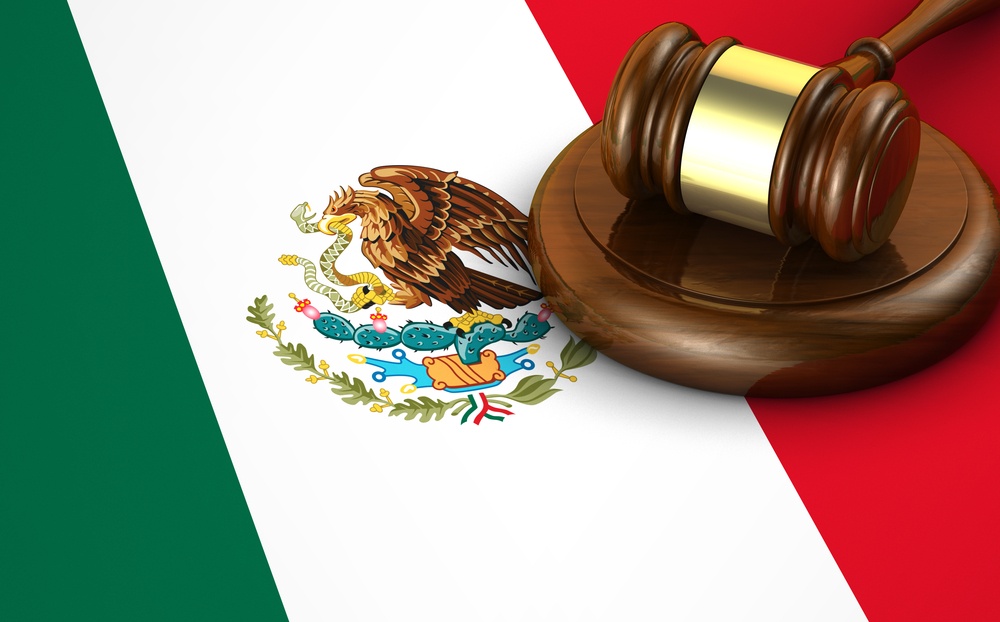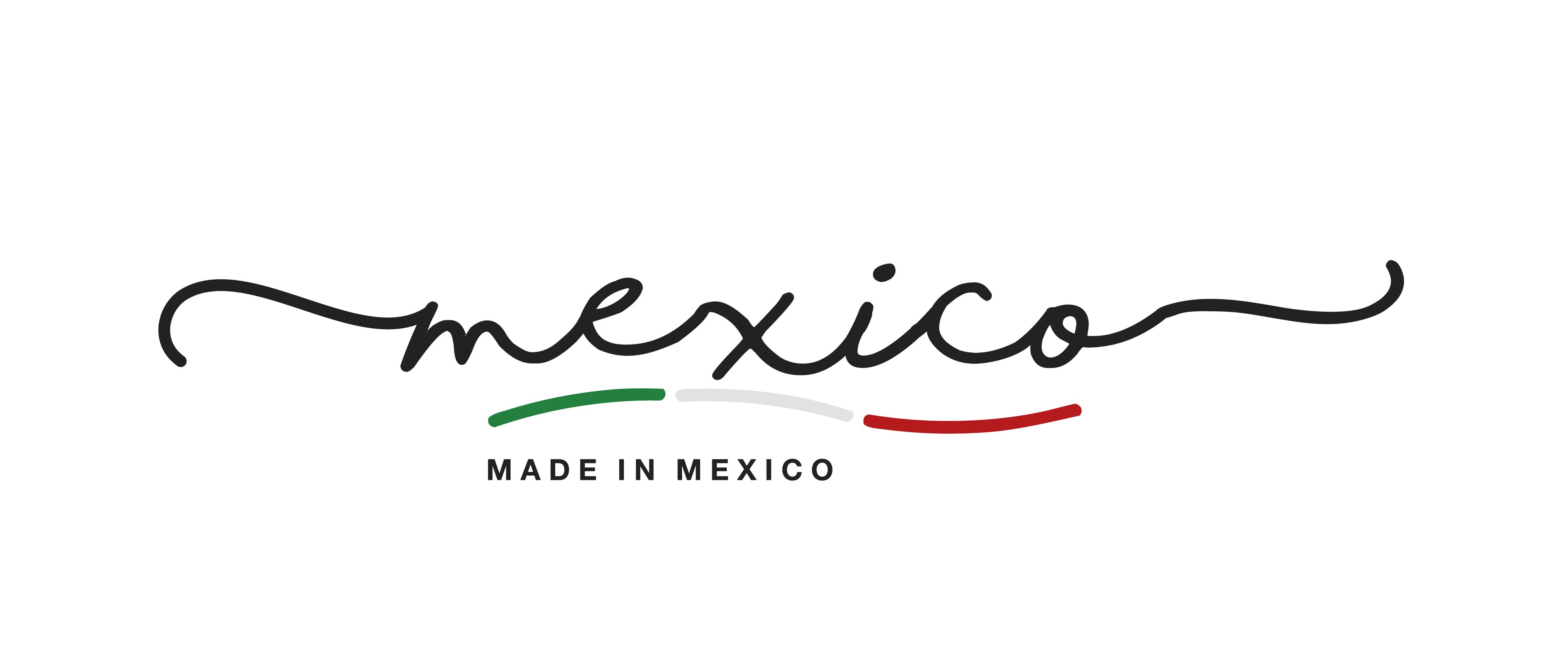Despite the recent slump in the Mexican peso, it is on its way to recovery, according to Reuters. The news agency cited the market reforms the Mexican Central Bank is instituting as policy changes that will foster growth.
The Índice de Precios y Cotizaciones, or IPC index, should reach 44.750 points by the end of the year, according the poll by Reuters. This will be an increase of 5 percent year-over-year. Reuters blamed the "jittery" beginning to Mexico's economy in 2014 on the problems facing emerging markets as they react to the U.S. policy of tapering back on its policy of bond purchases. But due to recent reforms that have all passed through the Mexican Congress last year, Reuters predicts the Mexican economy will establish polices to promote foreign investment and this will lead to economic growth.
Of the reforms cited, Reuters pointed out the changes most likely to impact the economy are the opening up of oil and gas company Pemex to foreign investment, along with laws that will cultivate growth in the telecommunications industry, such as phone and Internet services, which had previously been owned by an oligopoly, or a handful of large sellers.
Breaking up the large conglomerates will lead to greater market share opportunities
One such large seller, Televisa, has recently come under fire because of its owner, Carlos Slim, one of the richest men in the world, according to Reuters. The Mexican Congress is beginning to pass secondary laws that will give Mexico's new telecom regulator powers to regulate major companies. The regulatory agency (the Federal Institute for Telecommunications, or IFT) will even be able to control prices if the agency feels it to be necessary. Additionally, companies seeking to sell promotional deals for their company must first ask the IFT for permission. The IFT will also be able to order asset divestitures.
According to Reuters, the IFT is ordering Slim's companies to scrap roaming charges, open up the fixed-line network and share transmission towers. The ultimate goal is to reduce the share Slim's conglomeration holds over the Mexican telecom market to below 50 percent.
Many believe the laws proposed by the Mexican government is enforcing over major companies is part of its larger campaign to reduce the concentration of power that places many of Mexico's elite in charge of large portions of the Mexican market. This will encourage greater fairness and open up Mexico to foreign investments.
With all of these regulatory changes happening in Mexico, there may soon be a vacuum American companies can fill. Nearshoring to Mexico will not only lead to cheaper manufacturing. It will also position U.S. companies for selling their products directly to the Mexican market.
Subscribe
Sign up and stay informed with tips, updates, and best practices for manufacturing in Mexico.





